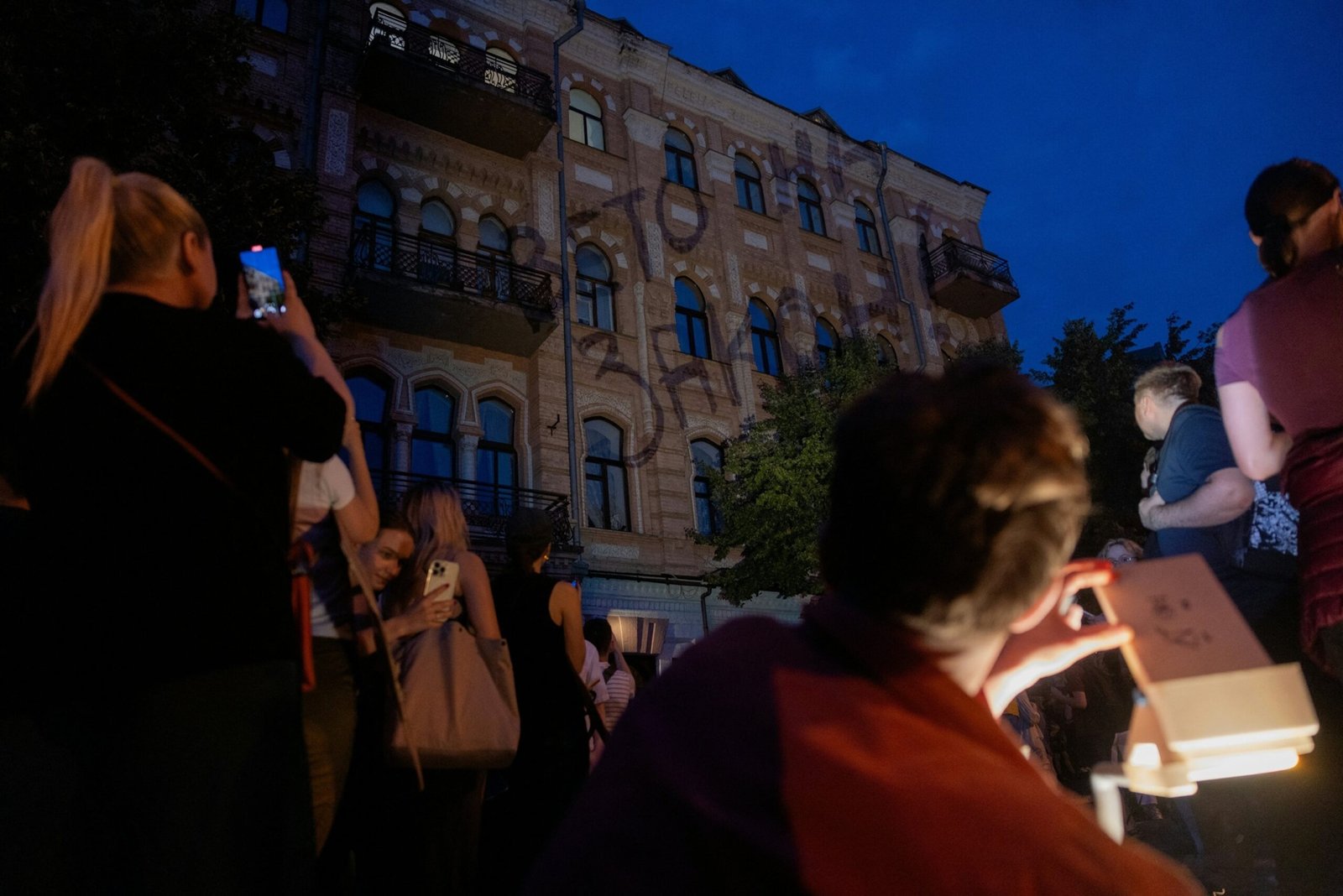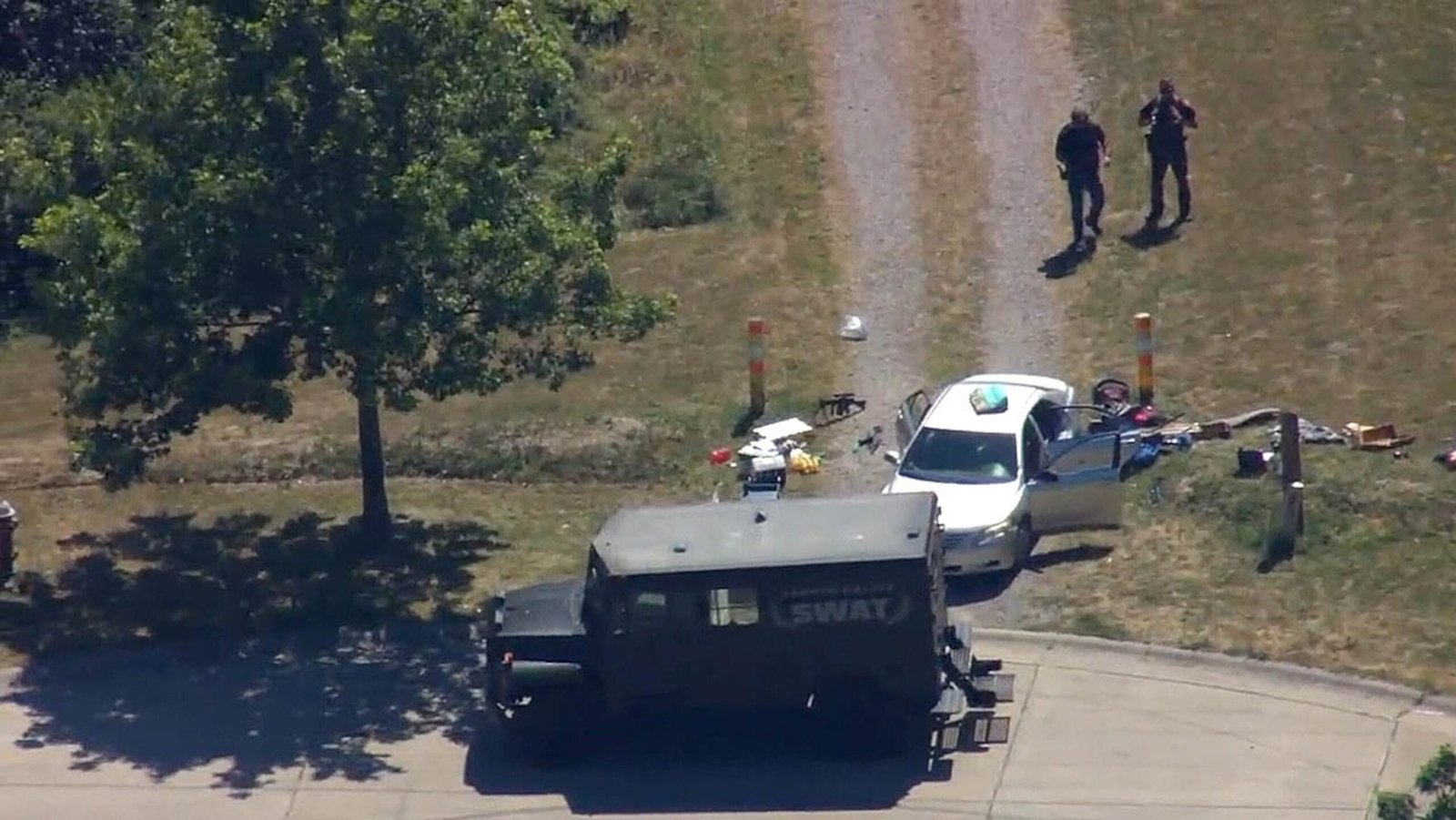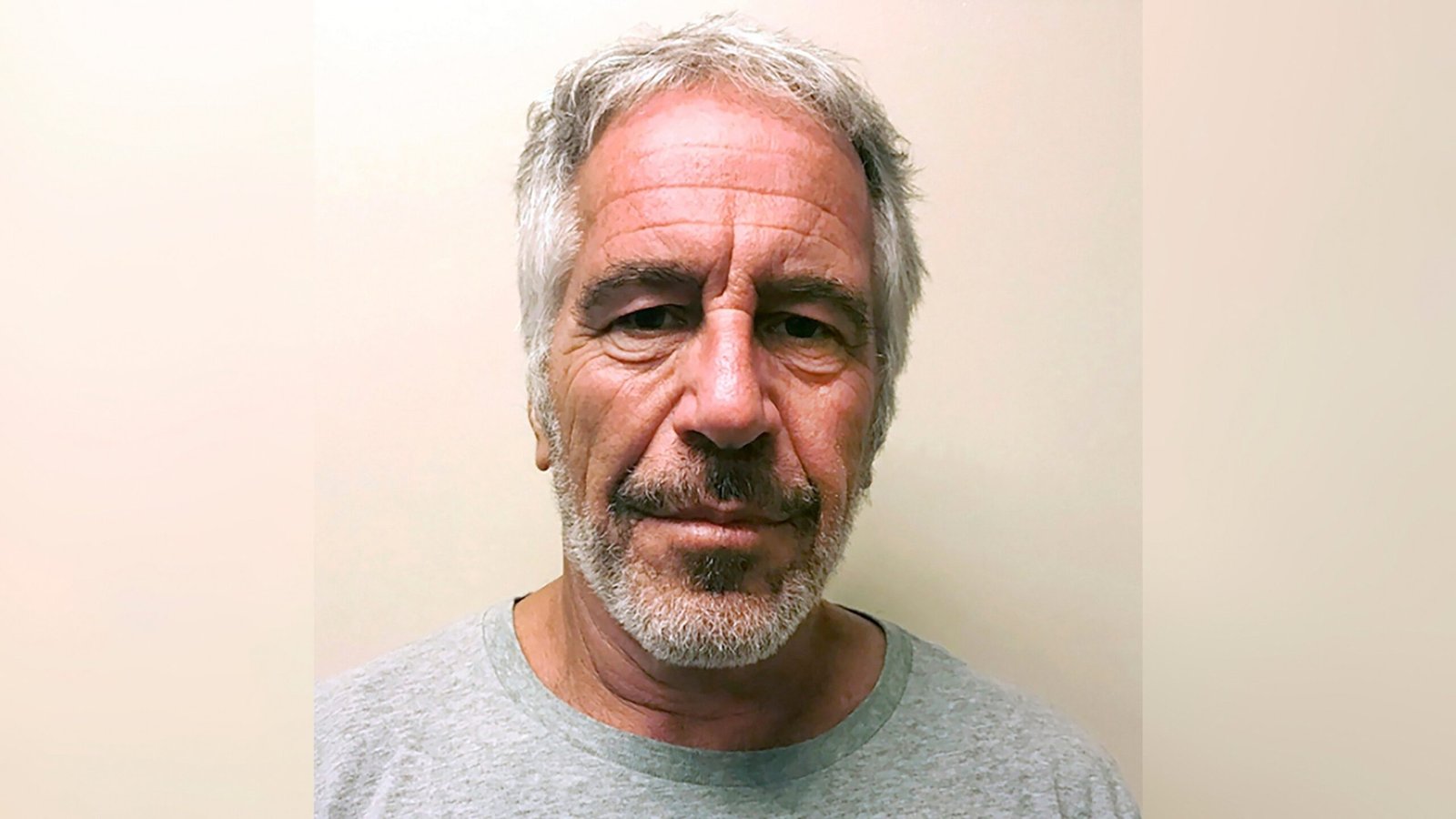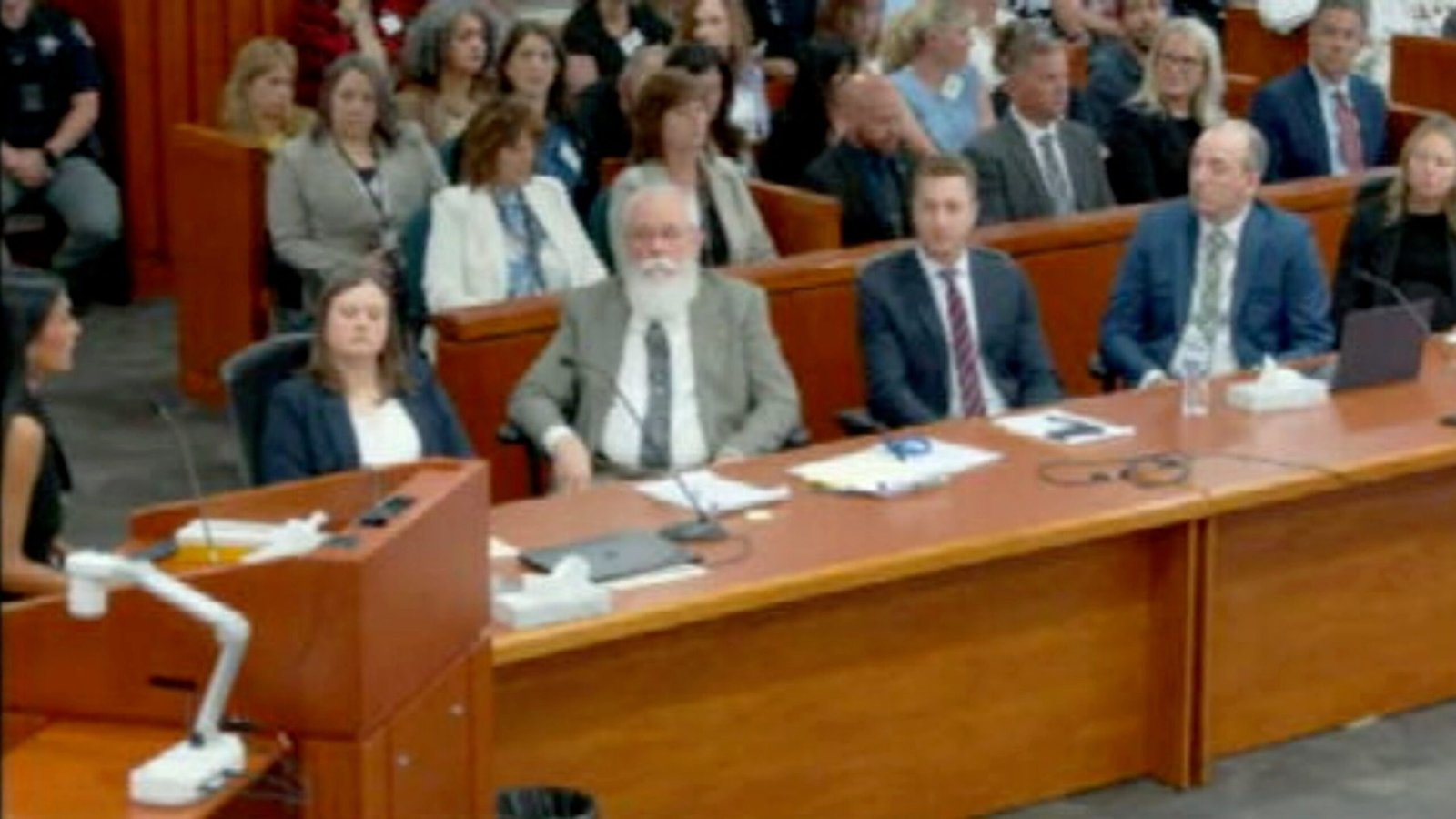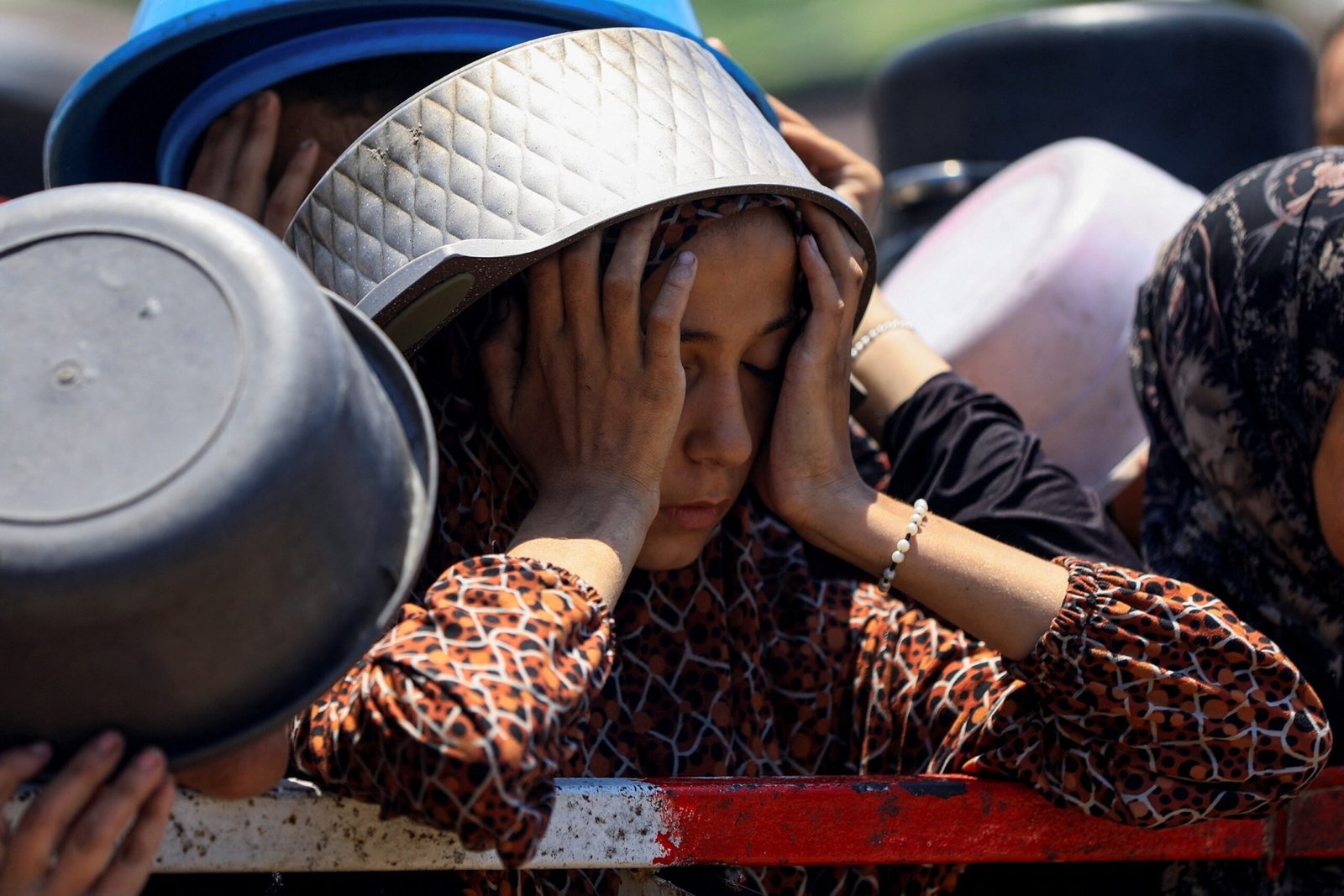London-the Ukrainian president, Volodymyr Zelenskyy, faces protests throughout the country after signing a controversial bill on Tuesday that critics say it will neutral the independence of two prominent anti-corruption bodies.
While the Ukrainian and Russian delegations prepare to meet in Istanbul, Turkey, for a new round of high -fire talks, Zelenskyy and their allies face a land of opposition at home.
On Tuesday, Zelenskyy signed a controversial law approved by the Parliament that will bring to the Office of Corruption (NABU) and its associated organization, the Office of the Prosecutor of Specialized Corruption (SAPO), under the direct control of the Office of the Attorney General (PGGO).
Both organizations were established after the Pro-Western Maidan Revolution of Ukraine in 2014, with the intention of eliminating systemic corruption and helping kyiv reform his democratic system with one eye in the accession of the European Union.
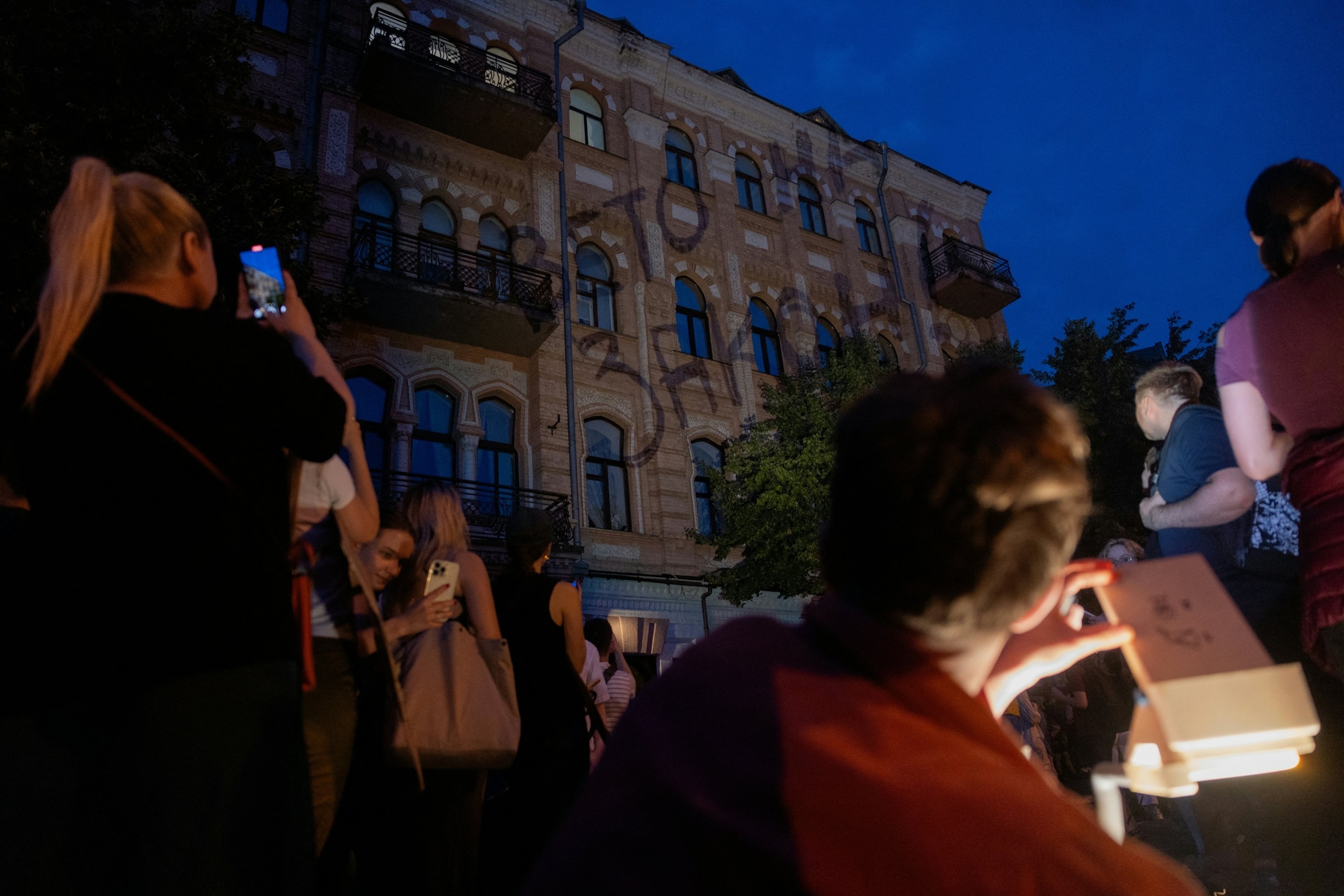
This photograph shows a projection that says “veto the law” on a building facade during a demonstration in the center of kyiv, Ukraine, on July 22, 2025.
Tetiana Dzhafava/AFP through Getty Images
The approval of this week’s new legislation caused protests in kyiv and other important cities in Ukraine, with protesters even violating the night -won touch imposed as a guard against Russian nightclubs and missile attacks.
A spokesman for the European Commission warned that the measure could undermine Ukraine’s potential bet to join the EU. kyiv’s European financing, they added, is “conditioned on progress in transparency, judicial reform and the democratic government.”
Meanwhile, the international transparency Ukraine branch said the measure represented a “massive backward recoil in the anti -corruption reform” and a “direct threat to the Way of Ukraine towards the EU.”
The approval of the bill followed dozens of raids to NABU employees by officers of the Ukraine Security Service (SBU) and the PGO on Monday. The officers also began to inspect the management of state secrets in toad.
Zelenskyy and his supporters have framed the measures as necessary to eliminate the infiltration and roller influence within the anti -corruption bodies of Ukraine.
“The anti -corruption infrastructure will work,” Zelenskyy wrote on Telegram on Tuesday night. “Only without Russian influences, everything must be cleaned from this. And there should be more justice.”
“Of course, Nabu and Sapo will work. And it is important that the attorney general is determined to ensure that in Ukraine the inevitability of punishment for those who go against the law really ensure,” he added. “And this is what is really needed for Ukraine. The cases that were pending must be investigated.”
“For years, officials who fled Ukraine have been living peacefully abroad for some reason, in very pleasant countries and without legal consequences,” Zelenskyy continued.
“This is abnormal. There is no rational explanation why the criminal procedures that are worth thousands have been ‘hanging’ for years. And there is no explanation why Russians can still obtain the information they need.”
“It is important that there is an inevitability of punishment and that society really see this,” the president wrote.
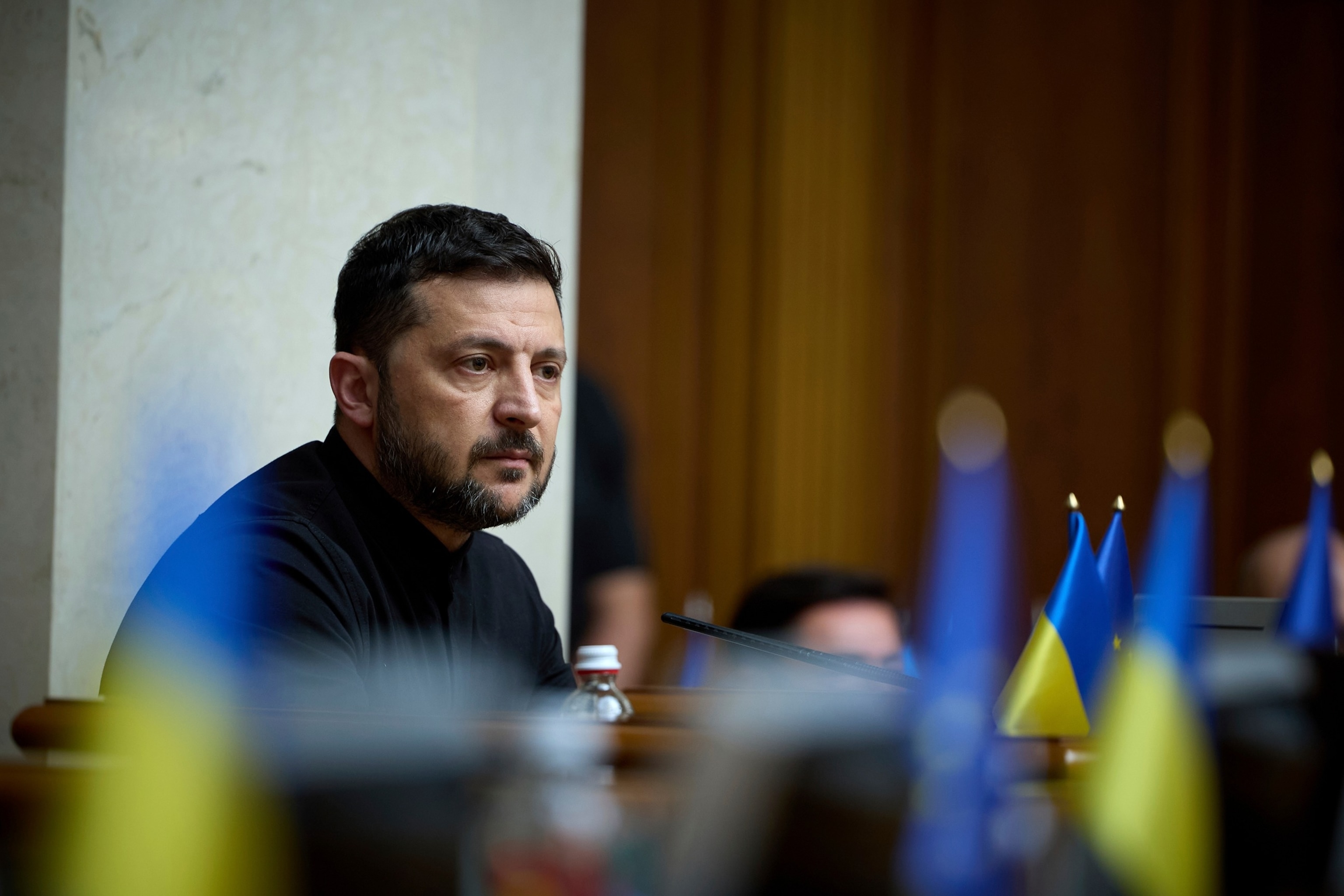
Ukrainian President Volodymyr Zelenskyy in Kyiv, Ukraine on July 17, 2025.
Vadym Sarakhan/AP
The bill was approved by the Ukrainian Parliament, El Rada, by 263 representatives, having quickly passed through the Committee. Thirteen parliamentarians voted against, 13 abstained and 35 did not vote.
He was supported by Parliament by members of the People Party server of Zelenskyy, as well as the Barkivshchyna party of former Prime Minister Yulia Tymoshenko. The opposition platform, for Life Party, which is considered widely pro-ruse and has had several representatives accused of betrayal during the war, also supported the measure.
Oleksandr Merezhko, a member of the Zelenskyy party and president of the Foreign Affairs Committee of Parliament, told ABC News that he supported the legislation, although he admitted that he had “some doubts” about its content.
“I trust the president,” said Merezkho. “In such cases, I usually trust the decision of the committee.”
Merezhko said his concerns were about “what consequences could have from the perspective of negotiations with the EU about our membership.”
European counterparts, Merezhko continued, “are worried and ask questions. I think we need better communication with our European partners on that issue.”
“There may be some sensitive aspects that need a clear explanation for our partners by the president,” he added. “I am personally in favor of the independence of anti -corruption organisms. But I am also in favor of the true rule of law in Ukraine.”
Zelenskyy’s decision to sign the draft divisive law has aroused the concern of an anti -democratic power taking by the president and his intimate circle, in their head Andriy Yermak, head of the Presidential Office.
A former Ukrainian official, who asked not to be identified for fear of reprisals, told ABC News: “We are not losing the war because the West did not give us enough weapons. We are losing the war due to corruption, the lack of professional management and because many do not see why they should fight for the autocracy of Zelenskyy.”
“Yermak is just a good implemer of the will of Zelenskyy,” added the former official.
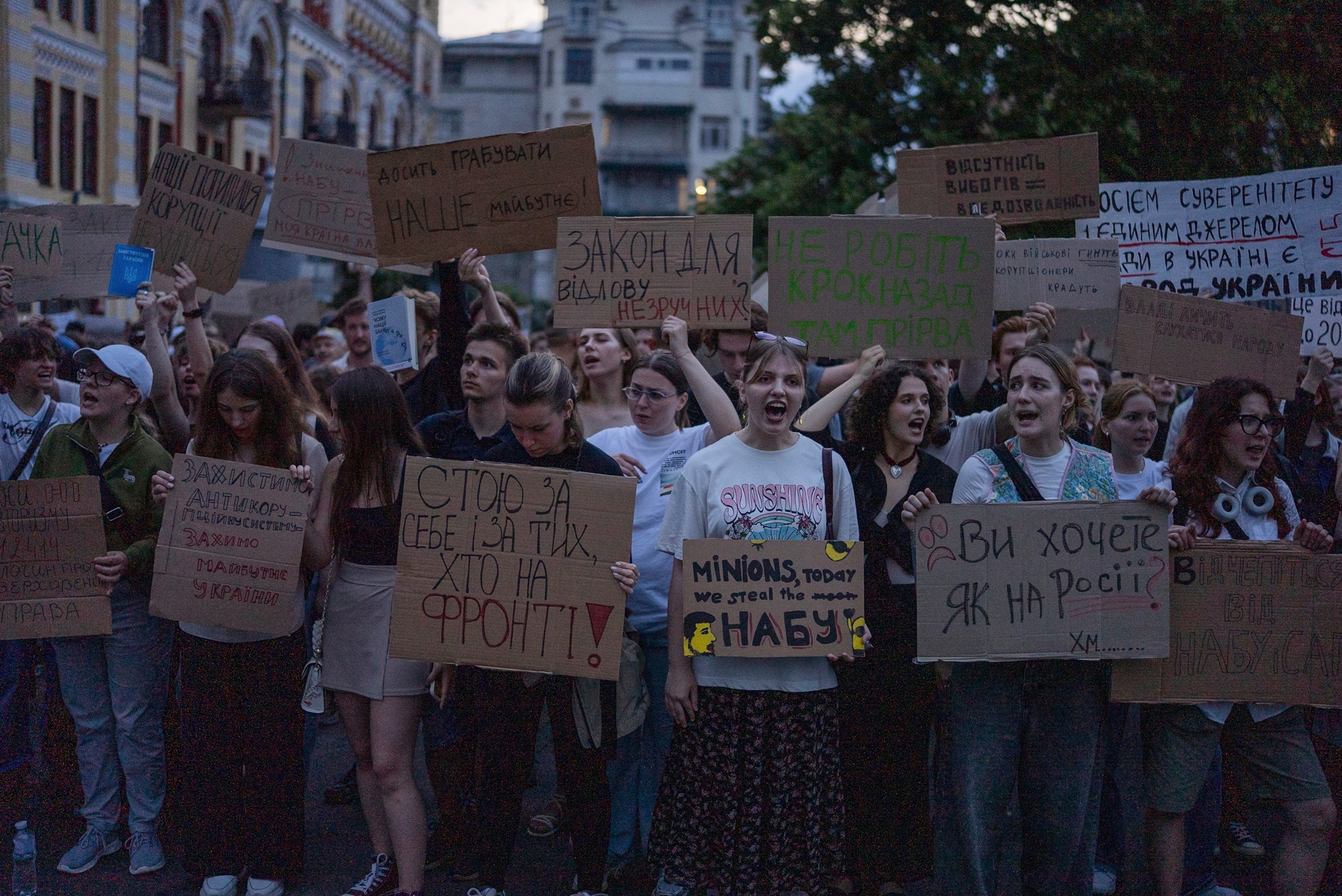
Protesters sing while maintaining banners during a protest against a law aimed at anti -corruption institutions in the center of kyiv, Ukraine, on July 22, 2025.
Alex Babenko/AP
Vitaliy Shabunin, an outstanding Ukrainian anti -corruption activist who previously headed the first public supervision council in Nabu, said the bill will allow the attorney general, who is appointed by the president, “closed all the investigations that involve the friends of the president.”
The mayor of kyiv, Vitali Klitschko, who has repeatedly faced the administration of Zelenskyy during the large -scale war in Russia, joined the protesters in the capital on Tuesday.
The new measure, he wrote in Telegram, “definitely does not bring Ukraine to the European Union. He certainly does not bring it closer to democracy, the rule of law and legality, to those values for which our soldiers are dying today in a bloody struggle against the aggressor.”
The proponents of the bill “are dragging Ukraine to authoritarianism faster and faster,” added the mayor, “hidden behind the war, destroying anti -corruption bodies, local self -government, activists and silencers.”
“Yes, there are many questions about independence, impartiality and compliance with legal procedures by all law enforcement agencies,” Klitschko continued. “But the system must be changed, not turned into a bulldog of the authorities.”
“And we must not forget that sooner or later, all actions will have to be accounted for, both politically and legally,” the mayor wrote.
ABC News’ Will Gretsky contributed to this report.

